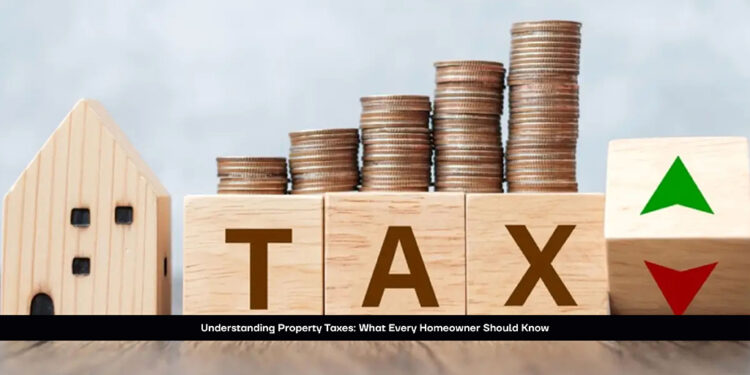Property taxes are one of the most significant ongoing expenses for homeowners, yet they are often misunderstood. These taxes are levied by local governments, typically based on the value of your property, including land and any structures on it. The revenue from property taxes is used to fund a variety of public services such as schools, emergency services, road maintenance, and local infrastructure. The amount you pay in property taxes can vary depending on where you live, as tax rates are set by local jurisdictions. It’s crucial to understand how property taxes work to avoid surprises and plan for this long-term financial obligation.
The assessment of property taxes typically starts with the valuation of your property. Local assessors determine the market value of your home, which can be influenced by factors such as the size of your home, location, age, and recent sales prices of comparable properties. Once the value is established, a tax rate is applied, which is usually expressed as a percentage. This rate can vary by county or municipality, and it is often adjusted annually. Homeowners should be aware of the assessment process and ensure that their property has been fairly appraised to avoid paying more than necessary in taxes.
One important thing to understand is that property taxes are usually not fixed. They can fluctuate over time due to changes in the local tax rate or adjustments in property values. For example, if the property market in your area sees significant appreciation, your home’s value—and, consequently, your property tax—can increase. Similarly, local governments may raise tax rates to fund new projects or initiatives. This can be a challenge for homeowners who may not anticipate these increases, especially if their income or financial situation doesn’t change at the same rate. Staying informed about local tax changes is essential for proper financial planning.
Exemptions and deductions can provide some relief for property owners in certain circumstances. Some states offer exemptions for senior citizens, veterans, or people with disabilities, which can lower the taxable value of a home. In addition, certain types of property, such as agricultural land or historic buildings, may be eligible for special tax treatments. Homeowners can also take advantage of tax deductions for things like mortgage interest or home improvements that increase energy efficiency. Understanding these exemptions and deductions can help reduce your overall property tax burden and allow you to keep more money in your pocket.
Appealing property tax assessments is an option for homeowners who believe their home has been overvalued. If you feel that the assessment of your property is unfair, you have the right to challenge it. The appeal process generally involves providing evidence to show that your home’s value has been assessed too high in comparison to similar properties in the area. This can include recent sales data, appraisals, or photographs. By disputing an incorrect assessment, homeowners can potentially lower their property tax obligations. However, the appeal process can be time-consuming, so it’s important to weigh the potential savings against the effort involved.
For homeowners with a mortgage, property taxes are often paid as part of their monthly mortgage payment. This is known as an escrow account. Your lender collects a portion of the property tax along with your mortgage payment and then pays the taxes on your behalf when they are due. This system helps homeowners manage their property tax payments by breaking them down into smaller, more manageable amounts over the course of the year. However, even if you don’t have a mortgage, you’ll still be required to pay property taxes directly to the local tax authority, which often requires making semi-annual or annual payments.
In conclusion, understanding property taxes is crucial for every homeowner. These taxes can significantly impact your long-term financial planning and budgeting, so being proactive in learning how they are assessed and calculated can help you avoid surprises. By understanding the process, taking advantage of available exemptions, and knowing how to appeal an unfair assessment, you can ensure that you are paying a fair amount. Property taxes are a necessary part of homeownership, but with the right knowledge, you can manage them effectively and minimize their impact on your financial situation.















 The Inc Media is one of the most renowned global Online Business Magazines, that carries news stories about entrepreneurship, small business management, and business. Being a global business magazine, we carve for influential stories and try to take them globally to uplift the business standards and educate the people about new innovations in the business world...
The Inc Media is one of the most renowned global Online Business Magazines, that carries news stories about entrepreneurship, small business management, and business. Being a global business magazine, we carve for influential stories and try to take them globally to uplift the business standards and educate the people about new innovations in the business world...